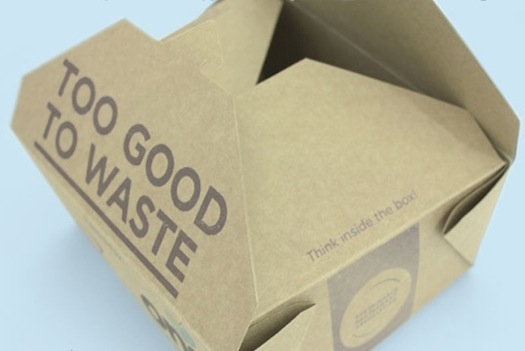
It’s undoubtedly happened to you at home. You head to the supermarket and fill up your refrigerator with delicious and healthy food. A week or two later you notice that one of the items you purchased has gone bad. Maybe it was forgotten. Maybe it just didn’t look so tasty once you got it home. The end result is the same; the food was wasted and ended up in the garbage. Food waste happens to everyone to some degree or another.
Fortunately, there are steps you can take to prevent it.
Food Waste on a Grand Scale
Food waste in your home contributes to a growing epidemic. Every day restaurants and supermarkets throw away tons of food. In fact, according to a report published by the Natural Resources Defense Council, Americans throw away almost half of our food. It adds up to more than twenty pounds of food per person each month and totals $165 billion each year.
When you consider how many people are living below poverty in the United States and how many are going hungry, the food waste problem just doesn’t make sense. It’s a broken system.
Beyond Food Waste
The next bit of overwhelming information to consider is that much of the food grown in this country is grown with chemicals including fertilizers, pesticides, and fungicides. When this food is tossed out those chemicals leach into the soil and water supply.
So the chemicals are used to grow the food that ends up in the garbage where it continues to deliver more chemicals into the soil. It’s a double whammy. The waste extends well beyond just wasting food. The business of growing food in America consumes fifty percent of the land and eighty percent of the freshwater supply. It also consumes ten percent of the energy budget. If half of the food grown using those resources ends up in the garbage then all of those valuable resources have been wasted as well.
The Good News
The good news is that something can be done. On a personal level you can take more responsibility for the food you buy and eat. Take steps at home to stop throwing away food. Go to the supermarket more often but only buy what you’re going to eat in the next few days.
Companies and entrepreneurs are standing up and taking notice too. For example, a company called Food Star Partners has created a mobile application that alerts customers when perishable produce is going on sale. The consumer gets a deal and the food stays out of the landfill.
Food waste doesn’t have to be a growing problem. By doing your part and by embracing and supporting responsible produce programs you can make a difference in the environment.

